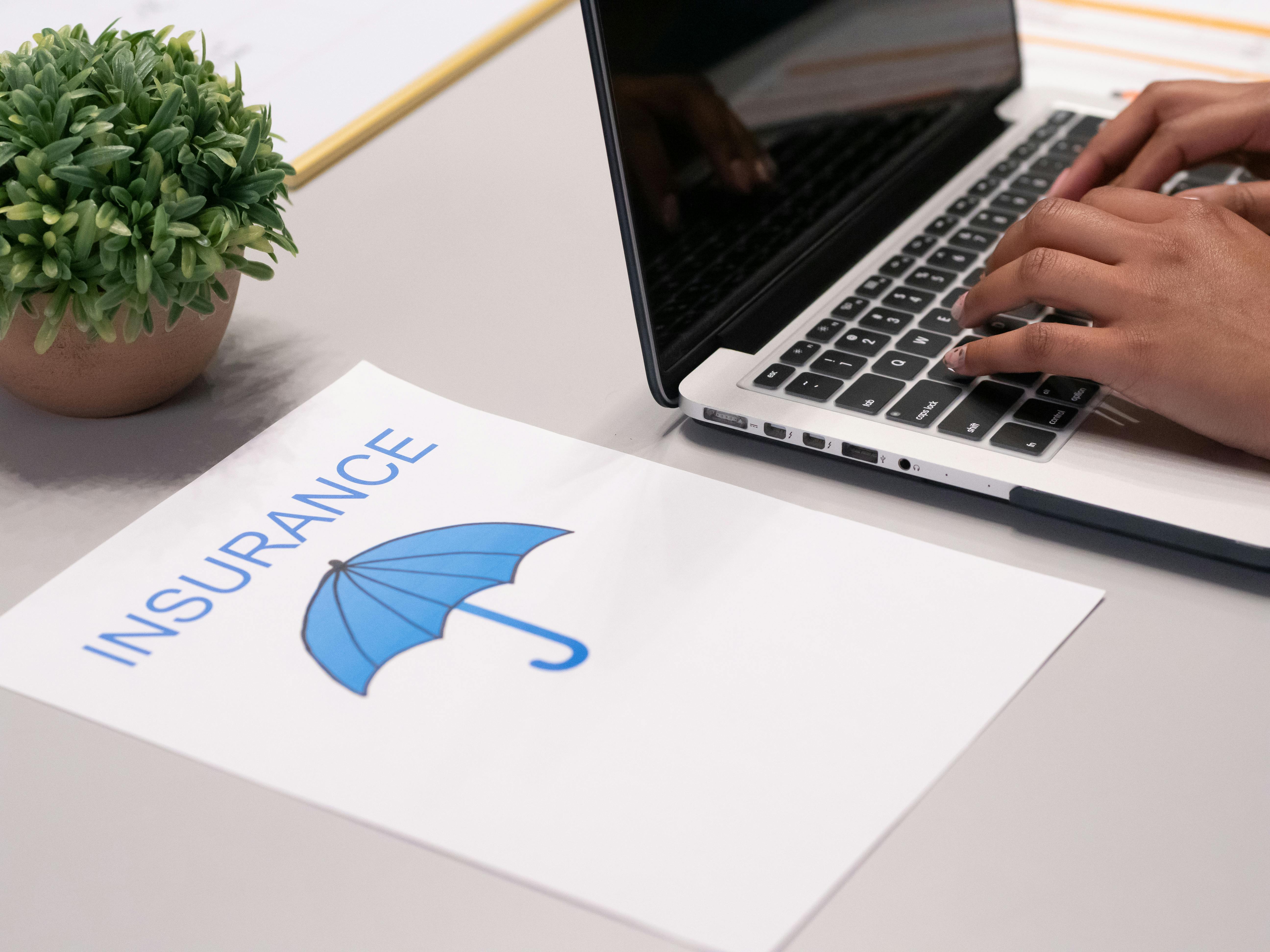
Decentralized Autonomous Companies: The Future of Organizational Governance on Blockchain
Decentralized Autonomous Companies: Redefining Organizational Structures in the Digital Age
Understanding Decentralized Autonomous Companies
Decentralized Autonomous Companies (DACs) represent a groundbreaking paradigm shift in organizational governance, leveraging blockchain technology to create transparent, automated, and democratically managed business entities. Unlike traditional corporate structures, DACs operate through smart contracts, enabling unprecedented levels of operational efficiency, transparency, and global collaboration.
The fundamental architecture of DACs eliminates hierarchical management, replacing centralized decision-making with distributed consensus mechanisms. These digital organizations utilize tokenized ownership models, where stakeholders can participate in governance through cryptographically secured voting systems and algorithmic rule enforcement.
Technological Infrastructure of DACs
Blockchain networks like Ethereum provide the critical technological foundation for DACs, enabling complex smart contract interactions that define organizational rules, financial transactions, and governance protocols. These self-executing contracts create a programmable framework where business logic becomes immutable and transparently verifiable.
Key Technological Components
- Smart Contract Architecture: Defines organizational rules, financial distributions, and operational parameters
- Cryptographic Governance: Ensures secure, transparent decision-making processes
- Token-Based Participation: Allows proportional stakeholder engagement
Global Legal Frameworks for DACs
The legal recognition of DACs varies significantly across international jurisdictions. Pioneering jurisdictions like Switzerland, Liechtenstein, and the Cayman Islands have developed progressive regulatory environments that accommodate these novel organizational structures.
Comparative Regulatory Landscape
| Jurisdiction | Regulatory Approach | Key Considerations |
|---|---|---|
| Switzerland | Progressive | Flexible blockchain regulations |
| Cayman Islands | Supportive | Crypto-friendly financial framework |
| United States | Evolving | Complex SEC compliance requirements |
| British Virgin Islands | Accommodating | Offshore digital entity registration |
Market Analysis and Emerging Trends
According to recent market research, the global blockchain market is projected to reach $69 billion by 2027, with DACs representing a significant growth segment. The integration of Real World Assets (RWA) tokenization is driving substantial innovation in this space.
Top DAC Protocols in 2024
- MakerDAO: Decentralized lending platform with advanced governance mechanisms
- Aragon: Comprehensive framework for creating and managing decentralized organizations
- DAOstack: Scalable governance infrastructure for complex digital ecosystems
Technological and Economic Implications
DACs are poised to revolutionize multiple industries by reducing operational overhead, eliminating intermediaries, and creating more transparent, efficient organizational models. The integration of artificial intelligence and machine learning will further enhance these autonomous systems, enabling more sophisticated decision-making algorithms.
RWA.codes: Enabling DAC Development
At RWA.codes, we specialize in developing cutting-edge blockchain solutions that support the creation, implementation, and legal compliance of Decentralized Autonomous Companies. Our expert team provides comprehensive services including:
- Advanced smart contract development
- Regulatory compliance consulting
- Tokenization strategy
- Blockchain architecture design
- Global legal framework navigation
Our multidisciplinary approach ensures that organizations can effectively transition to decentralized governance models while maintaining regulatory compliance and operational excellence.